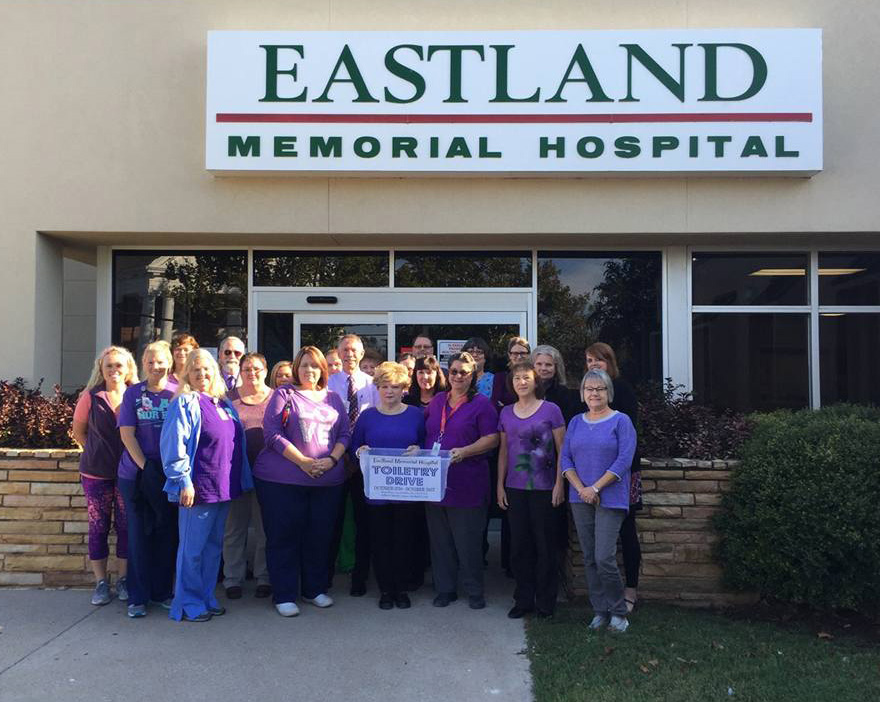Family Violence Prevention and Services Act: 35 Years of Progress

Only a generation ago, survivors of domestic violence had little in the way of institutional support. Law enforcement tended to treated acts of domestic violence as “private” or “family business.” Medical professionals were not trained to identify or support survivors seeking help, or to promote prevention. One survivor was asked about injuries in the emergency room, “Who did this to you?” and when she summoned the courage to say her husband hit her, her doctor replied, “You should learn to duck.” That survivor is now a doctor, and helps other providers understand the impacts of domestic violence, on both personal and public health.
The enactment of the Family Violence Prevention and Service Act (FVPSA) in 1984 provided federal government resources to address domestic violence as a public health issue. The law has funded evidence-based interventions to support survivor health and safety, along with programs to share these approaches among health providers around the country. With funds provided by FVPSA, Futures Without Violence manages The National Health Resource Center on Domestic Violence (HRC), providing health care and safety support for survivors of domestic and sexual violence, along with research, training, and resources to practitioners who treat survivors and work on domestic violence prevention.
By bringing multiple resources under one roof, the National Health Resource Center helps connect domestic and sexual violence advocates, health care professionals, and health policy leaders, with the aim of promoting a more holistic approach to health care and advocacy for survivors of violence. Each year, HRC provides training and technical assistance to tens of thousands of health providers and violence prevention advocates and we disseminate over a million educational resources. Through the resource center, FUTURES organizes statewide, regional and national initiatives reaching health providers in over 30 states. Our work supports innovative, evidence-based programs, best practices and policies that address the unique health needs of survivors of violence and also promote prevention.
FVPSA funding also allows us to work with other funders to lead programs such as our National Health Care Standards Campaign, promoting the integration of violence prevention into public health programs in 15 states. The Domestic Violence Project for Healthy Start, an initiative to integrate family violence identification and response into 32 Healthy Start sites around the U.S. We currently work with the FVPSA program and the Health Resources and Services Administration and Administration for Children and Families to run Project Catalyst – a program supporting community health centers in multiple states to respond to and prevent violence.
FVPSA also funds our other collaboration with federal partners, including Indian Health Services, the Substance Abuse and Mental Health Administration, the Office on Women’s Health, Head Start, the Health Resources and Services Administration, the Violence Against Women’s Office and the Centers For Disease Control and Prevention. This collaboration helps providers make the connection between violence and leading health issues such as HIV, substance abuse, chronic disease and poor reproductive health outcomes – and offer solutions for both providers and patients.
None of these advances would be possible without the Family Violence Prevention and Services Act. These educational tools and programs have created significant progress in recognizing and effectively addressing the health consequences of domestic violence — and in creating deep and lasting change. Resources can be found at ipvhealth.org and ipvhealthpartners.org





